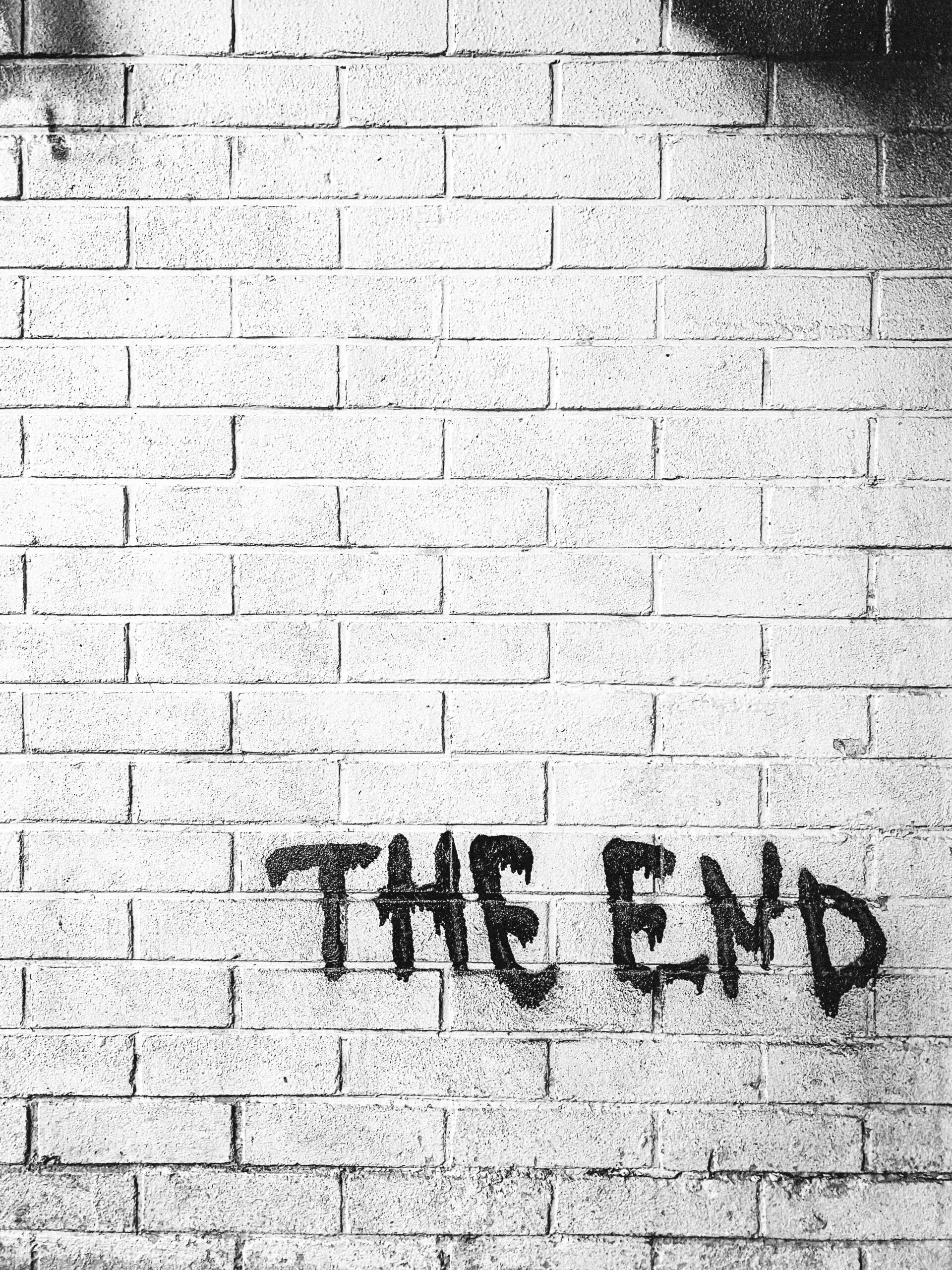
Over the weekend, a bipartisan framework for “gun safety” legislation was announced. It contains four things that probably won’t make any substantive difference but are better than nothing: Encouraging states to adopt “Red Flag” laws, closing the “boyfriend loophole”, enhancing the review process for buyers under 21, and clarifying what it means to be a Federally Recognized Firearm Dealer. Then there are two elements that are frankly outrageous. One is that it will spend money on enhancing school security, training, and things like that. Republicans have been banging that drum, but realistically it’s a lot like trying to prevent rape by giving women money to buy more conservative clothes. It’s victim blaming at its worst. Finally, the legislation would invest in mental health and telehealth interventions. That’s the one I want to talk about today.
A couple weeks ago, I wrote an essay about how mental health plays virtually no part is causing mass shootings. If that’s true, and it is according to the available evidence, it raises the question what a mental health provision is doing in the bipartisan framework. Whose idea was it and why did twenty senators agree it should be part of the deal?
The reason I’m upset about a mental health provision in gun legislation is because it is bound to increase the stigma around mental illness. It’s not that I’m against increased access to mental health resources. I’m all for that. It’s the optics that bother me. The proposed legislation is linking mental illness with gun violence when there’s no link in the real world. According to the FBI, the four things mass shooters have in common are childhood trauma, a specific grievance, examples that validate their feelings, and access to guns. Mental illness is not one of those four.
I can’t help but think that connection between shootings and mental illness was made on purpose. It’s literally using the mentally ill as a scapegoat. A scapegoat is defined as, “a person who is blamed for the wrongdoings, mistakes, or faults of others, especially for reasons of expediency.” That’s exactly what is going on here. It’s a lot easier to put the focus on an already stigmatized group than do anything about the actual problem.
Like I said before, I’d love to see better access to mental health resources. But it cannot be part of gun legislation. It creates a link where none existed before. It reinforces stereotypes and stigmas. It will probably stop people from seeking help when they need it. Ultimately, scapegoating a vulnerable population is going to do a lot more harm than anything else.












Those against gun reform often latch onto mental illness as the cause/issue that needs to be addressed because they know that any provisions tackling it (which there are few and far between) will do nothing to stop sales of guns/mass shootings. It’s the ideal scenario to focus attention on because if they do sign some mental health provisions into policy they can look like they’ve tackled gun reform without tackling gun reform. Thanks for adding your voice to this!
I enjoy reading your perspective on legislations around gun violence. I agree with you to an extent that correlating mental health to gun violence may increase it’s stigmas.
However, mental health comes in different
shapes and forms. Education is the key to debunking mental health stigmas. Gun violence and mass
shootings goes far beyond and deeper than just
mental health; maybe it’s more politically driven than we think.